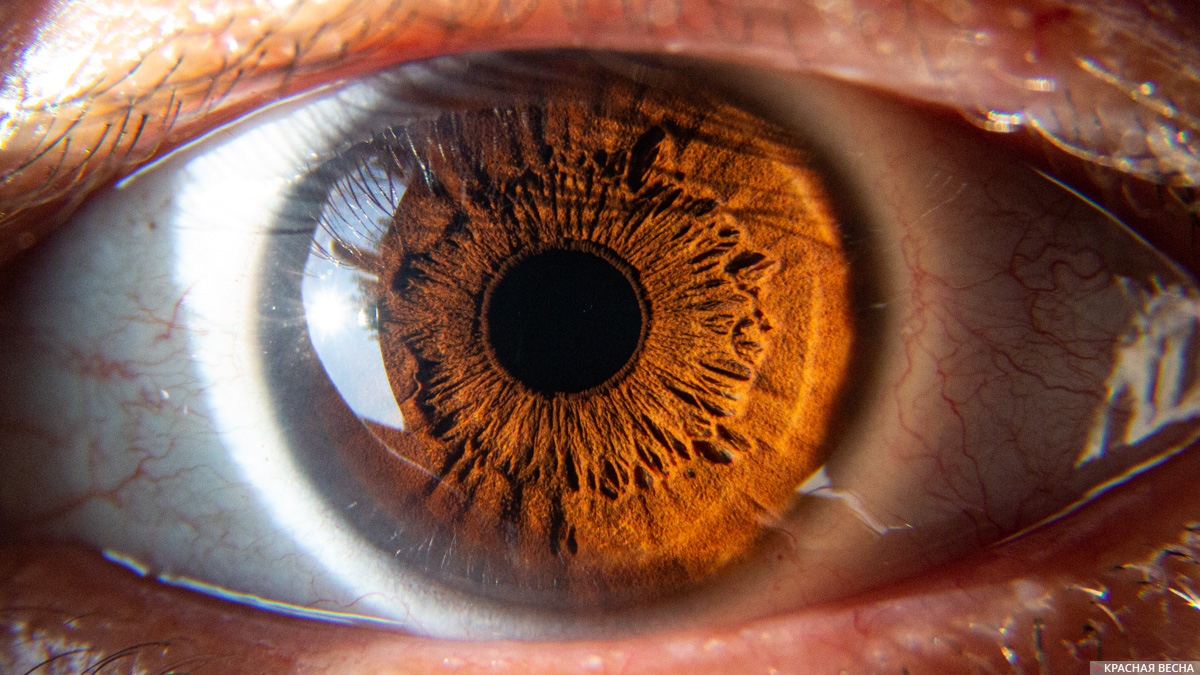
Poor sleep quality may be associated with an increased risk of permanent vision loss, according to a study published Nov. 1 in the open-access journal BMJ Open.
Sleeping too much or too little, daytime sleepiness, and snoring are associated with an increased risk of permanent vision loss (glaucoma). The findings highlight the need for sleep therapy in people at high risk for the disease, as well as vision testing in people with chronic sleep disorders to detect early signs of glaucoma, the researchers conclude.
Glaucoma is the leading cause of blindness and is estimated to affect 112 million people worldwide by 2040.
Glaucoma is characterized by progressive loss of light-sensing cells in the eye and damage to the optic nerve, and its causes and contributing factors are still poorly understood. But if left untreated, glaucoma can turn into permanent blindness.
To further explore the questions, the researchers decided to establish the risk of glaucoma among people with different sleep behaviors: insomnia, too much or too little sleep, nocturnal or morning (“owls” or “larks”) chronotypes, daytime sleepiness, and snoring. .
They recruited 409,053 members of the British Biobank, all aged between 40 and 69 years at the time of recruitment in 2006-2010, and provided details of their sleep behaviour.
Sleeping between 7 and 9 hours per day was defined as normal, and outside this range as too little or too much. The chronotype was determined depending on whether the person was described more as a morning lark or a night owl.
Insomnia severity (difficulty falling asleep at night or frequent awakenings) was classified as never/sometimes or usually, while subjective daytime sleepiness was classified as never/rarely, sometimes or frequently.
Background information on potentially influencing factors was obtained from questionnaires completed at recruitment: age, gender, race/ethnicity, educational level, lifestyle, weight (BMI), and level of deprivation in area of residence.
Medical records and enrollment data were used to track the health and lives of all participants until first glaucoma diagnosis, death, emigration, or end of follow-up (March 31, 2021), which whichever happens first.
During a mean follow-up period of just over 10.5 years, 8,690 cases of glaucoma were identified.
People with glaucoma tended to be older and more likely to be male, heavy smokers and have high blood pressure or diabetes than those who had not been diagnosed with the disease.
With the exception of chronotype, the other four sleep and lifestyle patterns were associated with varying degrees of increased risk of glaucoma.
Short or long sleep duration was associated with an increased risk of 8%, insomnia 12%, snoring 4%, and frequent daytime sleepiness 20%.
Compared to people with healthy sleep patterns, people who snored and those who experienced daytime sleepiness were 10% more likely to develop glaucoma, while those with insomnia and those with short/long sleep patterns had a 13% more.
The results were similar when classifying into different types of glaucoma.
This is an observational study, so it is not possible to determine the cause. The researchers acknowledge that the study was based on self-reports, not objective measurements, and reflected only one point in time. They add that glaucoma itself can affect sleep patterns, not the other way around.
But there are potentially plausible biological explanations for the link found between sleep disturbance and glaucoma, the researchers say.
Internal pressure in the eye, a key factor in the development of glaucoma, increases when a person lies down and when sleep hormones fail, as occurs with insomnia, the researchers explain.
They suggest that depression and anxiety, which often go hand in hand with insomnia, may also increase intraocular pressure, possibly due to dysregulation of cortisol production.
Similarly, repeated or prolonged episodes of low cellular oxygen levels caused by sleep apnea (sudden cessation of breathing during sleep) can cause direct damage to the optic nerve.
“Because sleep behavior is modifiable, these findings highlight the need for sleep intervention for people at high risk of glaucoma and possible ophthalmic screening among people with chronic sleep problems to help prevent glaucoma. “, conclude the researchers.
Source: Rossa Primavera
I am Michael Melvin, an experienced news writer with a passion for uncovering stories and bringing them to the public. I have been working in the news industry for over five years now, and my work has been published on multiple websites. As an author at 24 News Reporters, I cover world section of current events stories that are both informative and captivating to read.
